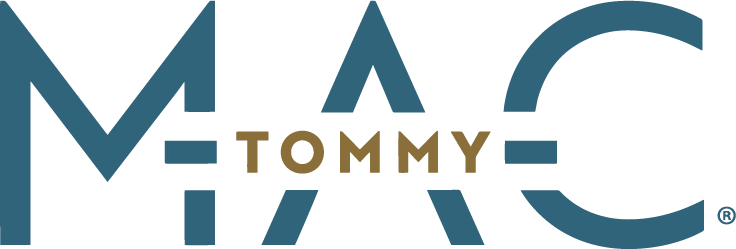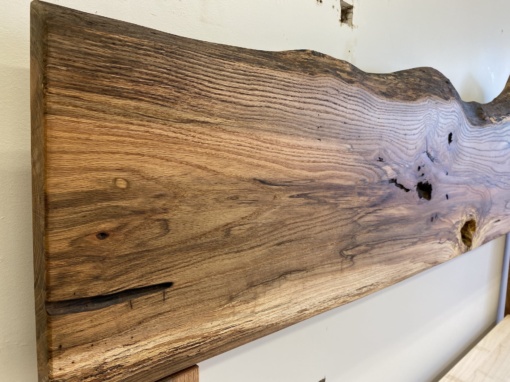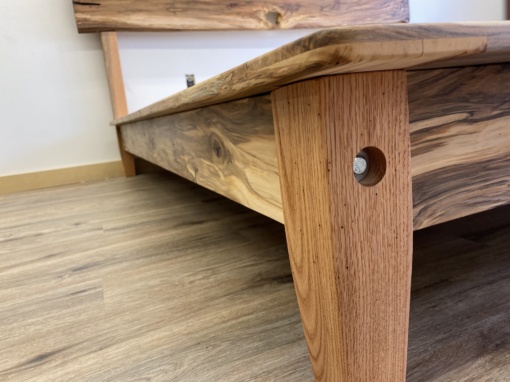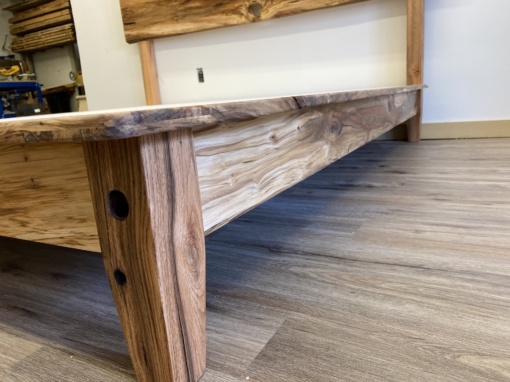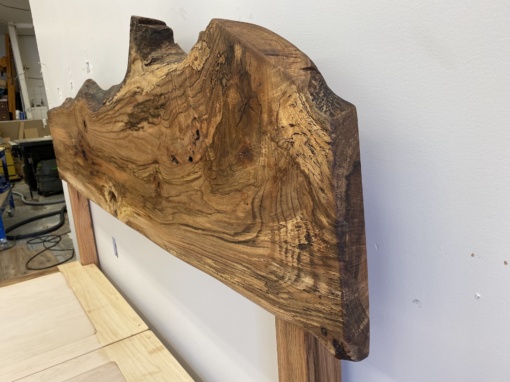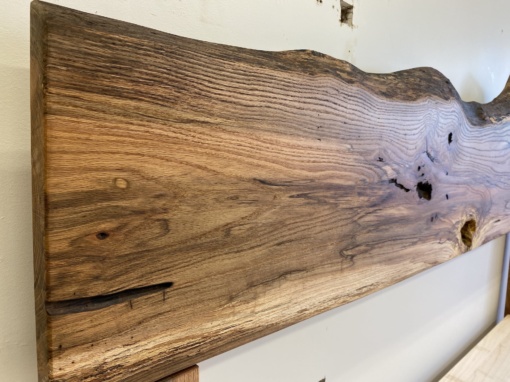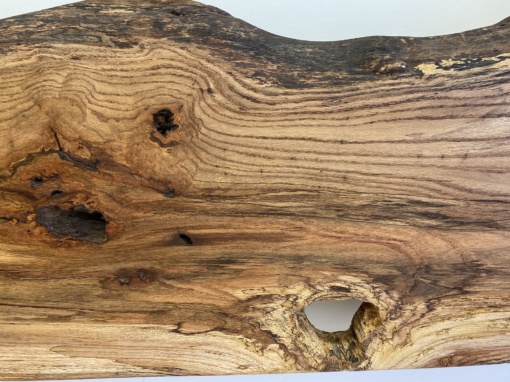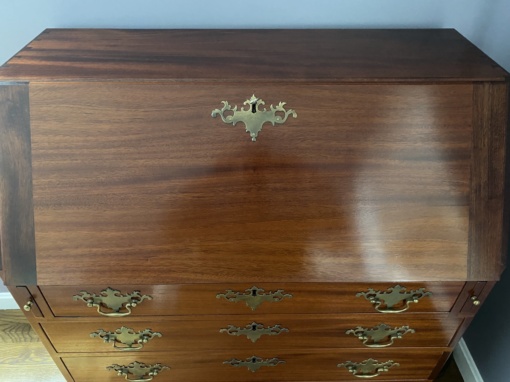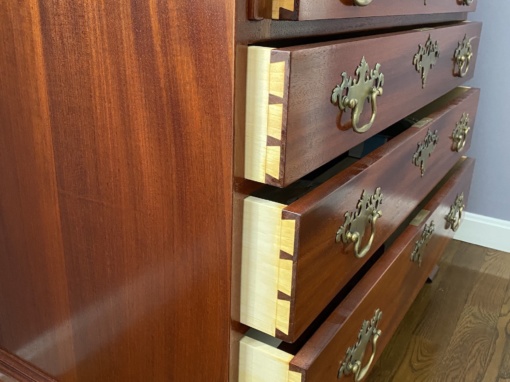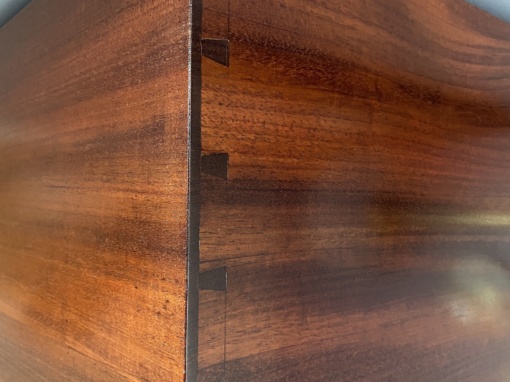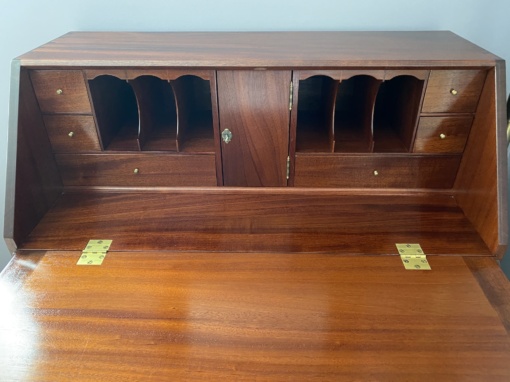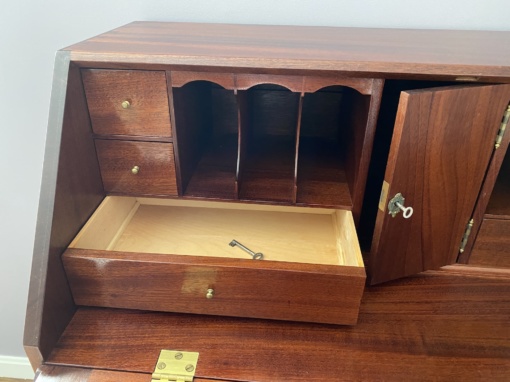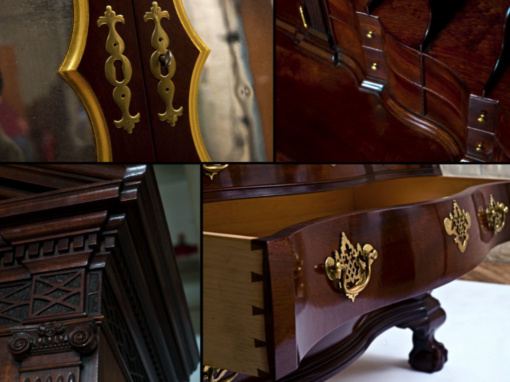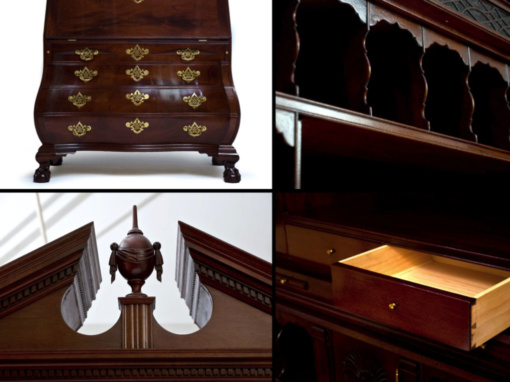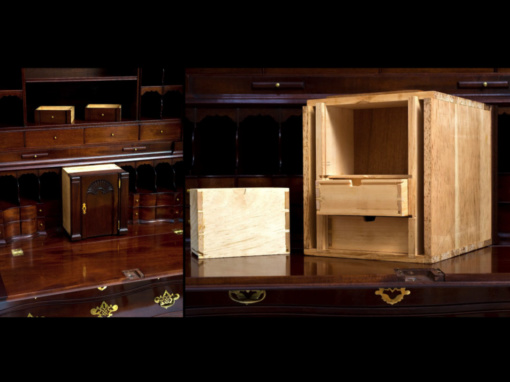If you buy a house directly from a seller, without brokers, have an attorney keep your deposit in and escrow account. Too often, money held by the seller is spent prematurely. If the sale doesn’t go though it’s important that you can recover your funds.
Real Estate
House Buying Season
Because many buyers prefer to move in the spring or summer, the real estate market starts to heat up as early as February. Families with children are anxious to buy so they can move during summer vacation, before the new school year begins. The market slows down in late summer before picking up again briefly in the fall. November and December have traditionally been slow months, although some astute buyers look for bargains during this period.
Ready to Buy
You can find out if you’re ready to buy a house by asking yourself some questions: Do I have a steady source of income? Have I been employed on a regular basis for the last 2-3 years? Is my current income reliable? Do I have a good record of paying my bills? Do I have few outstanding long-term debts, like car payments? Do I have money saved for a down payment? Do I have the ability to pay a mortgage every month, plus additional costs? If you can answer “yes” to these questions, you are probably ready to buy your own home.
Loan-to-Value Ratio
The loan to value ratio (LTV) is the amount of money you borrow compared with the price or appraised value of the home you are purchasing. Each loan has a specific LTV limit. For example: with a 95% LTV loan on a home priced at $50,000, you could borrow up to $47,500 (95% of $50,000), and would have to pay $2,500 as a down payment. The LTV ratio reflects the amount of equity borrowers have in their homes. The higher the LTV ratio, the less cash homebuyers are required to pay out of their own funds. So, to protect lenders against potential loss in case of default, higher LTV loans (80% or more) usually require a mortgage insurance policy.
Closing Documents
You should receive the following documentation at closing: Settlement Statement, HUD-1 Form (itemizes services provided and the fees charged; it is filled out by the closing agent and must be given to you at or before closing); Truth-in-Lending Statement; Mortgage Note; Mortgage or Deed of Trust; Binding Sales Contract (prepared by the seller; your lawyer should review it); Keys to your new home.
Heating Costs
When house hunting in warm weather, your primary concern may be air conditioning. But don’t forget to consider heating. Don’t push your housing budget so close to the maximum of what you can afford that an increase in your heating bill could push you over the financial edge.
Included Furnishings
Fixtures, any kind of personal property that is permanently attached to a house (such as drapery rods, built-in bookcases, tacked-down carpeting or a furnace), automatically stay with the house unless specified otherwise in the sales contract. But you can consider anything that is not nailed down negotiable. This most often involves appliances that are not built in (washer, dryer, refrigerator, for example), although some sellers will be interested in negotiating for other items, such as a piano.
Property Tax Liabiliy
The total amount of the previous year’s property taxes is usually included in the listing information. If it’s not, ask the seller for a tax receipt or contact the local assessor’s office. Tax rates can change from year to year, so these figures maybe approximate.
Fixed Rate Refinancing
If interest rates drop significantly, you may want to investigate refinancing. Most experts agree that if you plan to be in your house for at least 18 months and you can get a rate 2% less than your current one, refinancing is smart. Refinancing may, however, involve paying many of the same fees paid at the original closing, plus origination and application fees.
Energy Efficient Mortgage
The Energy Efficient Mortgage (EEM) allows a homebuyer to save future money on utility bills. This is done by financing the cost of adding energy-efficiency features to a new or existing home as part of an FHA-insured home purchase. The EEM can be used with both 203(b) and 203(k) loans. Basic guidelines for EEMs are as follows: The cost of improvements must be determined by a Home Energy Rating System or by an energy consultant. This cost must be less than the anticipated savings from the improvements. One- and two-unit new or existing homes are eligible; condos are not. The improvements financed may be 5% of property value or $4,000, whichever is greater. The total must fall within the FHA loan limit.
